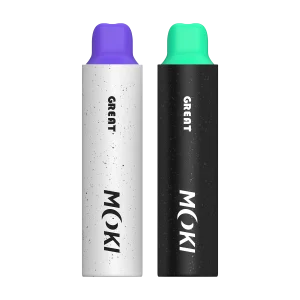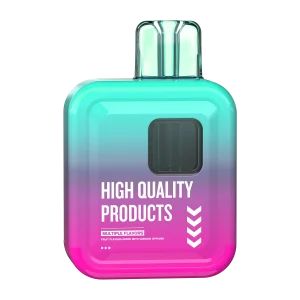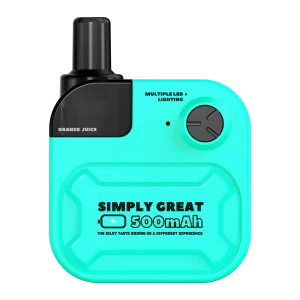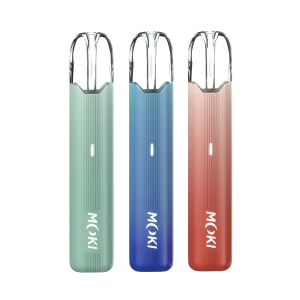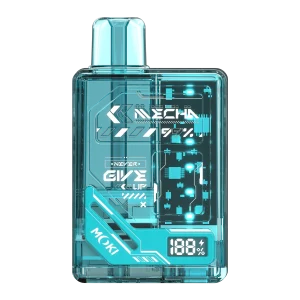The alarming increase in vaping among teenagers has prompted Public Health Wales to establish a dedicated task force to tackle this issue head-on. This task force has recommended a series of measures to control the spread of vaping, particularly among younger demographics. The core of their strategy revolves around the concept of ‘Denormalise teen vaping,’ which aims to restrict vaping in areas primarily frequented by children and young adults. Settings that work with children should enforce vape-free policies to set a healthy example and discourage the habit from taking root at a young age.
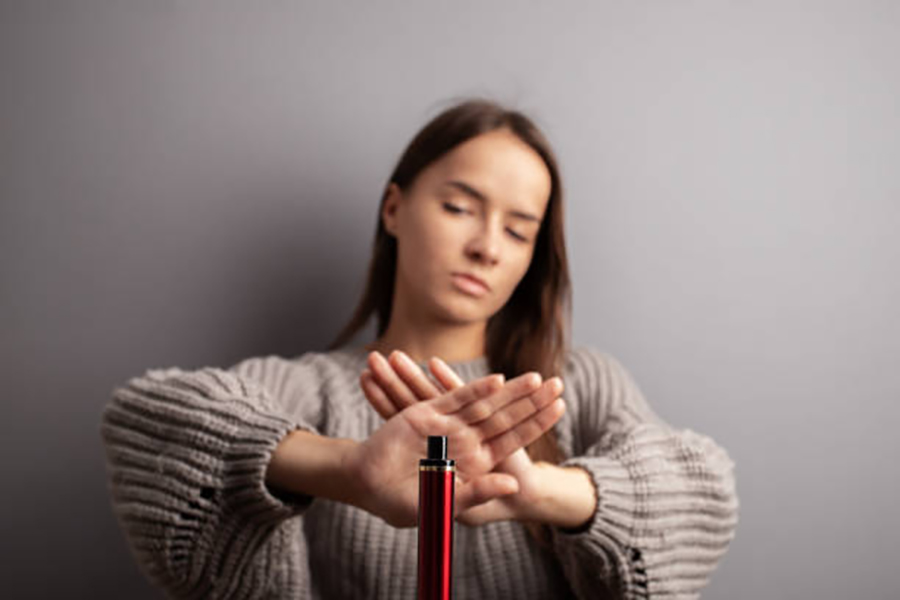
What Control Measures Did MOKI Take to Combat Teen Vaping
1. Denormalise Vaping
The task force emphasizes the importance of making vaping less socially acceptable, especially in spaces where children and young adults are the primary occupants. This includes implementing vape-free policies in educational and community settings to prevent normalization and encourage a smoke-free environment.
2. Packaging and Display
A critical measure proposed is to restrict the advertising, packaging, and display of vapes in Wales. The task force believes this could be one of the most effective ways to address the issue of vaping among children and young people. By limiting the visibility and appeal of vaping products, especially near schools, the risk of attracting young users can be significantly reduced.
3. Disposable Products
The sale of single-use disposable vapes is another area the task force is keen on addressing. Banning these products can help in reducing the accessibility and convenience that make vaping an attractive option for teenagers.
4. Flavors
Another recommendation is to legally restrict flavor names to basic descriptions, such as ‘tobacco,’ ‘mint,’ and ‘fruit.’ This move aims to eliminate the attractive flavors like bubble gum that often entice young people into vaping.
Balancing Youth Protection with Adult Smoking Cessation
Chris Emmerson, an advisor to the department, highlights that these practices provide a comprehensive framework for supporting young vapers in Wales. By implementing these practices, the complex needs of children and young people struggling with vaping dependency can be better addressed. Nicotine replacement therapies, already offered to people aged over 12 who smoke, could be a tool to help children and young people out of their dependency on vaping, alongside other support mechanisms.
Vape manufacturers like MOKI support keeping teenagers away from vapes but argue that a total ban on the sales of flavored vapes may not be the best solution. Mr. Frank Wang, General Manager of MOKI, states, ‘Youth should not touch vaping products and cigarettes. We support stopping the sale or advertising of vapes near schools and minors. However, we do not think banning flavor vapes and disposable vapes is the best solution. Vaping products are alternative and useful tools for adult people to quit smoking. We should also consider the needs of adult smokers.’
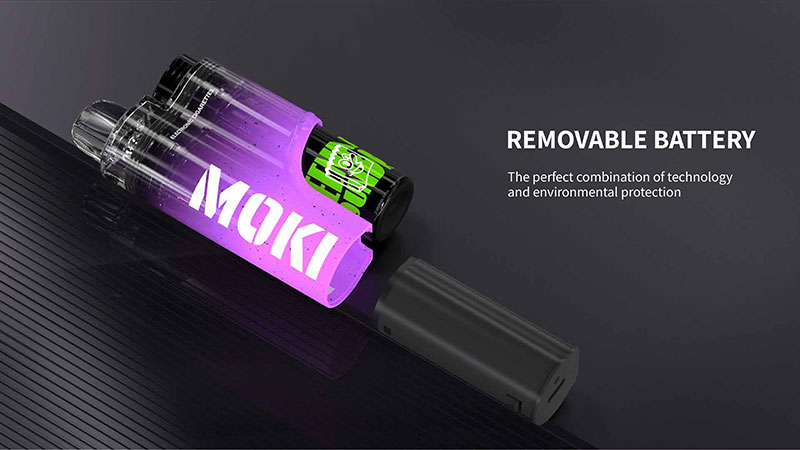
Solutions for Protecting Youth and Supporting Adults
To protect youth from accessing vapes, measures such as checking the age of buyers to ensure they are of legal age to use vape devices are necessary. Additionally, more education is needed to inform minors about the potential harms of vapes and cigarettes. The debate continues on how to effectively regulate the vaping industry to protect the youth while still providing options for adult smokers looking for alternatives to traditional cigarettes.
In related news, a Kentucky vape retailer has filed a lawsuit over a new vaping law, highlighting the ongoing tension between regulation and the vaping industry’s operations. The outcome of this lawsuit may set a precedent for how such regulations are challenged and upheld in the future.

